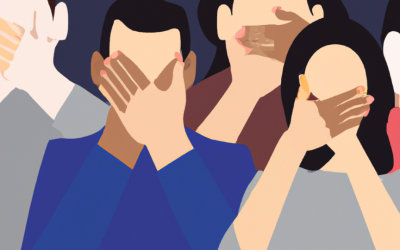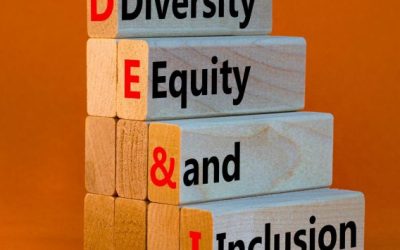Kristin Ditzel’s story speaks volumes about how an adverse reaction to a COVID-19 vaccine has changed some Canadians’ lives, and how little support they receive. On March 16, 2021, the practitioner of Chinese medicine took a Pfizer COVID-19 vaccine so her patients would feel safe.
Ditzel went into anaphylactic shock and collapsed in the same auditorium she had received her vaccination. A few days later, the resident of Nelson, B.C. couldn’t turn her head to the right. In later weeks, her foot started drooping, then she couldn’t lift her head at all, then she got the shakes.
Two years later, she still suffers with functional neurological disorder. On good days she can drive and make a meal, but her career of helping restore the health of others has been overwhelmed by her own medical needs. Her immune system is attacking her brain.
Family, friends, and community members have helped more than Canada’s formal institutions. It took her a year before she could get regular disability supports. She spends $1600 a month ordering medicines from the U.S. that would otherwise cost $100 a month under her health plan. Medical colleges have forbade off-label uses for all things COVID-19, so no doctor will prescribe the meds for her.
In an interview with this author, Ditzel said, “We were all in this together” but that didn’t last.
“Once the vaccine came into play, there was this big divide. It’s heartbreaking the amount of people that have disconnected instead of coming [together],” she said.
Ditzel’s children, aged 12 to 16 when she was vaccinated, were told by schoolteachers that people who didn’t get vaccinated didn’t care about others. Her best efforts failed to get a vaccine exemption for herself or her hockey-playing son, who eventually got the shot to maintain access to the rinks.
Ditzel said she was “really naïve” to believe that Canada’s government and health care system would care for her. She believes vaccine manufacturers ignored adverse reactions in their testing and are responsible for putting the public at risk. She also believes the federal government should never have waived liability in vaccine contracts.
“We should have been given full information and full consent, and then we should actually have a proper vaccine [compensation] program,” said Ditzel.
“[I wonder] why I wasn’t grabbed from the hospital and sent to Vancouver and actually studied so that they knew why what happened to me happened, so that they could prevent it in other people?
“I just find that despicable. Not only was I brushed aside, which affected my family, my children, my friends, my parents, but what about all of the other people that were unnecessarily injured after?”
Ditzel applied for compensation to the Vaccine Injury Support Program (VISP) in 2021. She says a previously supportive neurologist became uncooperative after being contacted by the VISP, which she calls “absolutely unethical.” Another neurologist dismissed her claim out of hand with hostility, while a third one acknowledged her condition and its connection to the vaccine.
Ditzel had her claim rejected last June, but has appealed. “Even if I get covered by this, what is $75,000 going to do for the rest of my life if I’m not working?” she wondered.
“Right now, I don’t have anything, so I’ll take any penny that they have, but they are not financially compensating people the way they need to be. And to me, that’s unacceptable. If I can’t work, what am I going to do? I’m 45.”
Ditzel says six others in Nelson and “thousands” of Canadians she met online also believe they are vaccine-injured. Although the VISP has approved 50 claims, in Ditzel’s circle, only two have been compensated—both for Guillain-Barre Syndrome.
“I don’t know how many have applied. I know people that don't even have any support from their doctors,” Ditzel says. “I’m one of the lucky ones that had all of the information. So when people find out that even I get denied, it makes it difficult for them to even go forward.”
Jaimie Killen is a close friend who has been through “an emotional roller coaster” alongside Ditzel. She said both their lives have been changed.
“Our day-to-day life is completely different than what it looked like when we’d always be actively doing something together. And now we spend our days in her home on her couch,” Killen said. “My best friend lost her life. And I also lost my best friend, right? So I want her to have all that back. I also want to have
all that back with her,” she added, as the two laughed together. “And I just can’t.”
Killen started a group for vaccine injured Canadians on Facebook and is making a documentary on Ditzel called Invisible Fences. She believes an institutional bias is preventing people like her friend from being recognized and compensated.
“I think that if they acknowledged that someone like Kristin exists, then they’re going to have to acknowledge how many others like her exist, and that number is going to blow up. That’s what I believe.”
Lee Harding is a research fellow for the Frontier Centre for Public Policy.



